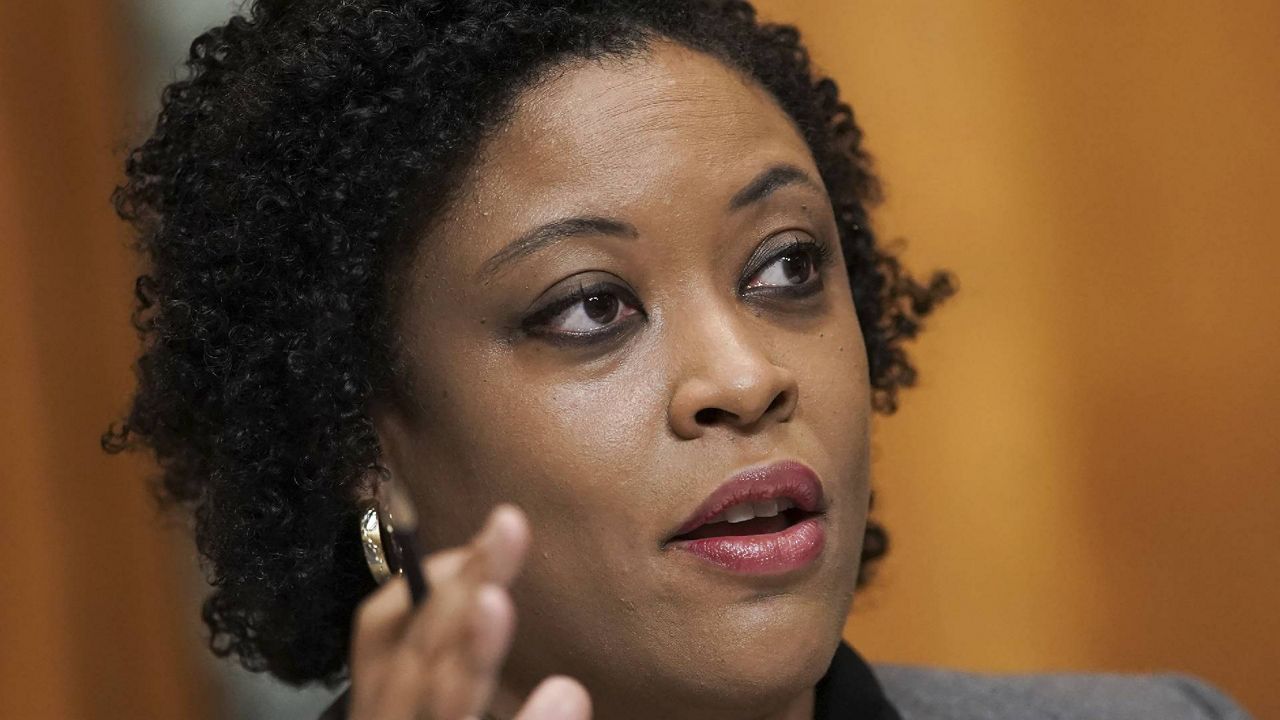The White House requested Tuesday an additional $30 billion from Congress to help fund natural disaster recovery and Afghan resettlement efforts ahead of the end of the fiscal year on Sept. 30.
In a memo, the acting director of the Office of Management and Budget spelled out the federal need for short-term funding that will help the administration pay for various efforts in the coming months while the larger 2022 budget is negotiated by lawmakers.
The White House estimated it needs $14 billion to respond to various natural disasters, including wildfires, $10 billion to respond to the recent Hurricane Ida and another $6.4 billion to fund the resettlement of thousands of Afghan refugees arriving in the United States.
“We need to do more to help states recover from recent and ongoing natural disasters. They have many unmet needs,” an administration official said Tuesday. “And the president is clear these communities have the full support of the federal government.”
Meanwhile, President Joe Biden was in New Jersey touring the damage after deadly flooding from Hurricane Ida last week.
The short-term funding request, called a continuing resolution, would allow immediate needs of the administration to be met while Democrats hammer out the details of their $3.5 trillion budget bill this month, a package that would vastly expand the social safety net and address climate change, among other Democratic priorities.
The $6.4 billion requested for Afghan refugees would both fund Afghan resettlement in the United States and the continued efforts to evacuate people from Afghanistan, including those who worked alongside U.S. troops and were left behind.
“It also includes continuing to facilitate the departure from Afghanistan of those who have helped to advance U.S. objectives in the past two decades and who are vulnerable or at risk,” an official said.
The administration official said the U.S. government was planning to welcome as many as 65,000 Afghans by the end of September and up to 30,000 more in the following months, numbers that the requested funding would support.
As of Tuesday, more than 48,000 Afghans had reached the U.S., and about 42,000 were housed on military bases, a Department of Homeland Security spokesperson told Spectrum News.
“A short-term CR is necessary not only to provide Congress additional time to pass full-year appropriations bills that make bold, forward-looking investments in our future, but also to address the specific, urgent needs facing our country right now,” Acting OMB Director Shalanda Young wrote in a statement Tuesday. “I’m looking forward to continued engagement with members of both parties and on both sides of the Capitol to get the job done.”



